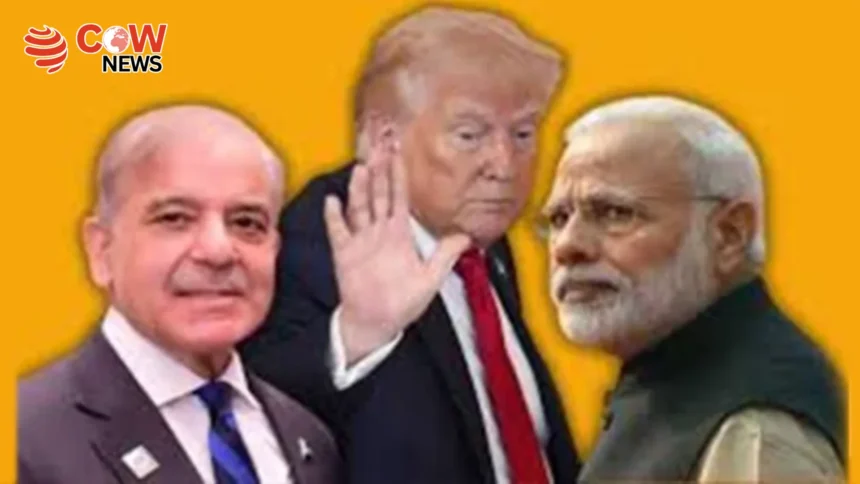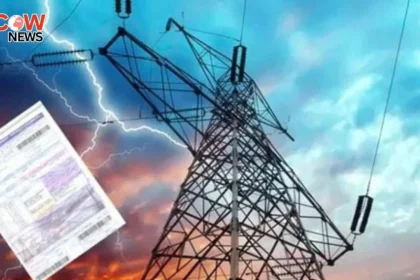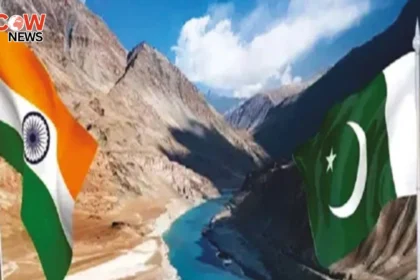Islamabad( The COW News Digital )Pakistan’s recent diplomatic gains with the United States have triggered anxiety in New Delhi, according to a detailed report by Bloomberg. The American financial and political news outlet highlighted that Islamabad’s successful foreign policy has led to a noticeable shift in US engagement, making Pakistan one of Washington’s favored partners under President Donald Trump’s administration.
Bloomberg noted that Pakistan has skillfully positioned itself on the global stage, leveraging its relationship with Washington to secure significant deals and boost its international standing. This development, the report said, has left India in a state of discomfort, facing mounting pressure amid shifting regional dynamics.
One of the key highlights in the report is that Pakistan and the US recently finalized a trade agreement without any major obstacles, a sharp contrast to India’s ongoing struggles in its trade negotiations with Washington. The smooth nature of the Pakistan-US deal, Bloomberg observed, reflects the growing trust and mutual strategic understanding between the two nations.
In addition to trade, discussions between Islamabad and Washington have extended into vital sectors, including oil exploration and mineral resources. Notably, Pakistan also sealed a landmark cryptocurrency agreement with World Liberty Financial, signaling its intent to embrace new financial technologies in partnership with major global players.
Bloomberg revealed that Pakistan’s Army Chief, Field Marshal Asim Munir, held a high-level meeting with President Trump at the White House — an event described as a diplomatic milestone. The meeting was characterized as warm and cooperative, with both sides reaffirming their commitment to deepening economic and security cooperation.
According to the report, this renewed “warmth” in Pakistan-US relations has significantly boosted the confidence of Pakistan’s leadership, enhancing its leverage in regional affairs. In contrast, India now finds itself navigating a more challenging diplomatic landscape, as Washington’s increasing alignment with Islamabad complicates New Delhi’s strategic calculus.
The article concludes that Pakistan’s adept handling of its relations with the US under Trump’s presidency represents a major foreign policy success, with long-term implications for South Asian geopolitics. For India, the shift serves as a reminder of the fluid nature of international alliances — and the need to adapt to a rapidly changing regional balance of power.







